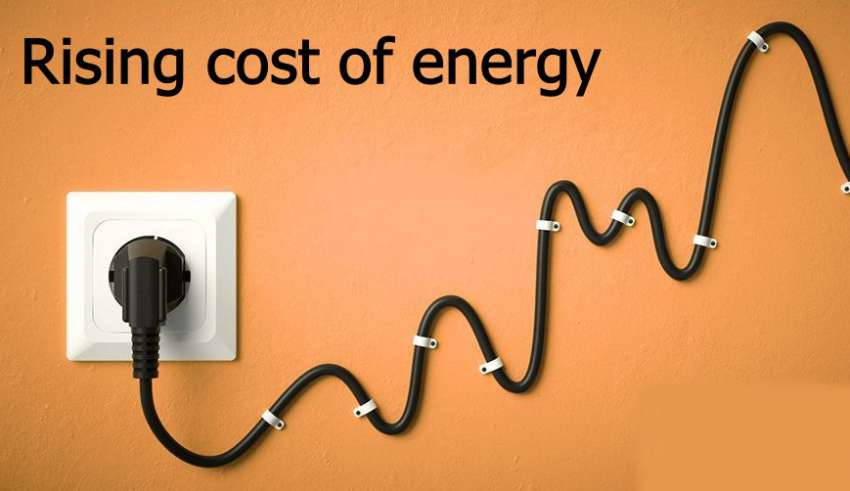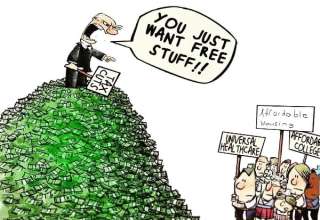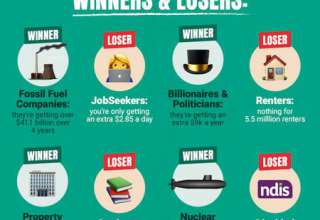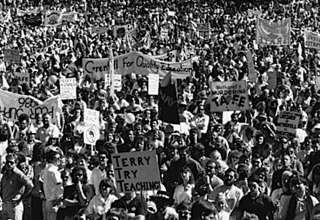by Max Ormond
With energy costs going through the roof, the Albanese Labor government is trying to allay working people’s worry about the outrageous prices they have to pay for electricity and gas. Labor now, with the support of the Greens, propose to cap gas at $12 a gigajoule and coal at $125 a tonne.
The $12 gas cap is well above the $9.20 price that existed before the Ukraine and Russia war, resulting in the US and West placing sanctions against Russian gas and oil. The reduction of Russian energy for export to the West and the switch to US liquefied natural gas (LNG) has pushed up prices to astronomical levels.
Close to 75 percent of gas drilled and converted to LNG in Australia is exported overseas, leaving the country short of this energy commodity. Like the mining sector, Australia’s energy sector (gas and coal) is mostly owned and controlled by foreign corporations. This lack of control of our resources is essentially a sovereign loss.
It is a similar situation with the coal industry. Once again, Australia exports about 90% of its coal overseas, obtaining around $600 a tonne for overseas-dominated coal mining companies. Most of the revenue gained doesn’t stay in Australia.
Energy costs for consumers have already risen by $300, an increase of 23%, after Labor won government back in May. Their pledge of reducing energy costs by $275 inside three years is all but forgotten.
The ABC (Australian Broadcasting Corporation) calculated using Treasury figures that the average family home yearly electricity bills will rise from $1474, 2022 to $2176 by the middle of 2024, an increase of $700. The Albanese government’s claim that their price caps will reduce the increase of energy bills by $230 has now evaporated.
In addition to the price caps, the Albanese government also announced plans for $1.5 billion to be provided for energy bill relief for eligible households and small businesses. However, these relief measures aren’t expected to come into effect until the second quarter of 2023, with state governments administering the payment of funds to consumers.
The provision of this energy relief in no way threatens the energy corporations’ profitability because Federal Treasurer Chalmers affirmed that the $12 gas price cap was extraordinarily high. He passed responsibility for the determination of this figure onto the Australian Competition and Consumer Commission, who based it on a reasonable return on capital.
Low income workers paid double the percentage of their income on energy bills than higher income households from 2020 to 2021, according to the Australian Energy Regulator (AER). The AER reported an 11.7 percent increase in electricity customers unable to pay their bills and are on financial hardship programs.
Labor’s secured agreement with the Greens for the energy relief bill by accepting their demands to help meet the costs of households and businesses to switch over from dirty and expensive gas to cleaner and cheaper appliances that purportedly will save households hundreds or even thousands of dollars.
It remains to be seen if the Albanese Labor government honours this agreement. Smaller income households who struggle to pay the ever-increasing energy costs have no hope of buying high-rated power-efficient appliances or rooftop solar installations.
Labor’s bill heeded the bullish lobbying by the Australian Industry Group (AIG). They demanded that parliament had to back the legislation to give price relief for its members, particularly the aluminium, fertiliser, chemicals and manufacturing companies.
Not surprisingly, the huge energy multinationals ExxonMobil and Shell fiercely rejected the price caps, repudiating the need to regulate their profitable markets. Hyperbole was in full flight by these big corporations who described Labor’s legislation as Soviet-style policy as a form of nationalisation.
They needn’t worry, for Labor’s price cap is a Clayton’s price cap. There is no guarantee that the price caps will last even for 12 months from next year. Using the loophole of the Treasury Law Amendment/ Energy Price Relief Plan, the treasurer can make or end the gas market emergency price orders regulating prices whenever he sees fit, therefore overriding parliament’s legislation.
Labor has a well known reputation for buckling to the might of the mining and energy multinationals. Prime Minister Julia Gillard’s craven service to the mining multinationals was exposed when she allowed the mining magnates to design the “Mineral Resources Rent Tax” in 2010 that collected virtually no revenue.
This energy crisis demonstrates the contradictions amongst capitalists. The dominant energy multinationals (predominately foreign) are not only crushing working-class consumers but also the weaker manufacturing (mainly local) companies.
One of the biggest dangers to capitalism is capital itself. In the ruthless pursuit of profits, capitalists will quite readily destroy the productive base of their social system. That is the nature of capitalism.
In Australia, the mining giants are assured to pay ever-lower levels of tax. For instance, the corporate tax paid by this sector has dropped from 15 percent in the mid-1990s to just 2 percent in recent years and the Petroleum Resource Rent Tax has dropped from 19 percent of total oil and gas industry revenue in 1992 to just 1 percent in 2020.
This results in Shell gaining a profit of just over $30 billion for the first nine months of this year, almost two-and-a-half times the $12.8 billion it recorded in the same period in 2021. Liquid natural gas exports from Australia almost doubled from $30.5 billion in 2020–21 to $70.2 billion in 2021–22.
Coal export revenue was $112 billion in 2021–22, an increase of 186 percent on 2020-21, reaping bonanza profits of between $39 billion and $45 billion, according to the Australia Institute. These corporations are getting a free lunch from Australia’s natural resources.
Once these minerals have left Australian shores, they are gone forever. Their value has gone to the overseas multinationals and, consequently, is a sovereign loss to this country’s working people.
The least that should be demanded is that this energy bill relief should be funded through a windfall profits tax. A better demand would be to nationalise these natural resources, therefore secure the ownership of the Australian people. This would guarantee we would not have to pay exorbitant prices for our natural resources.








